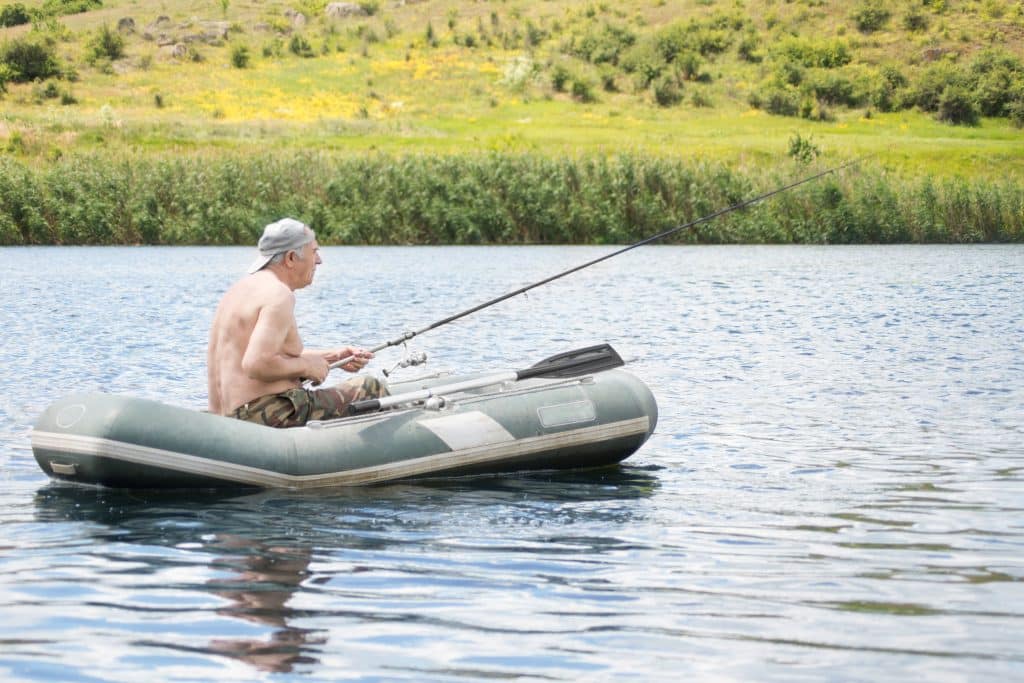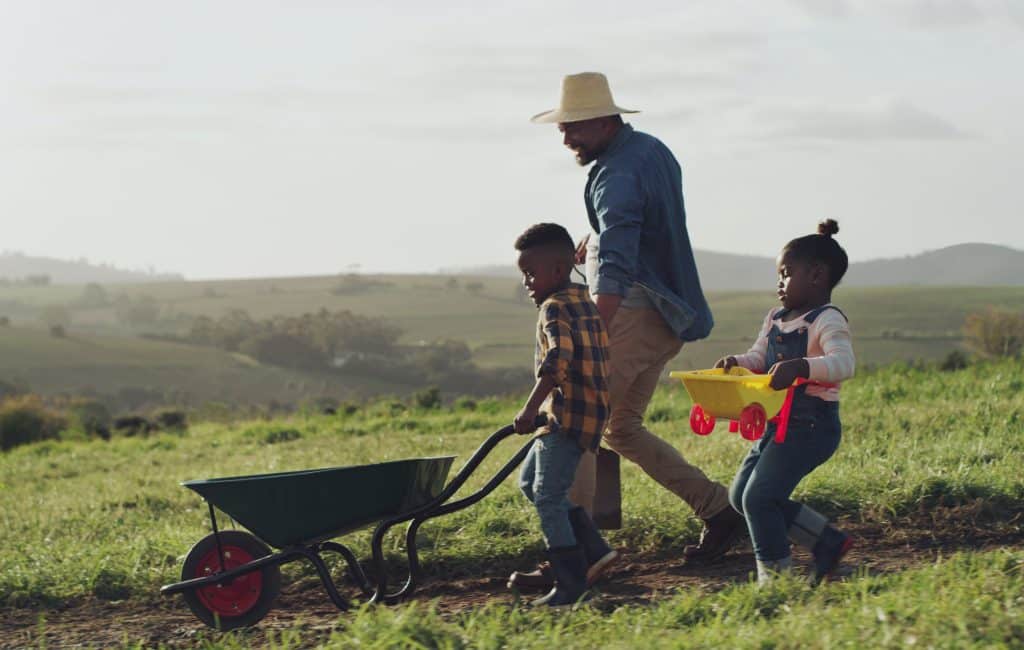Am I farming for wealth or maintaining a lifestyle?
Farmers who have dedicated their lives to farming understand that agriculture is not merely a profession or a means of financial gain, but a way of life. As they navigate a rapidly evolving world, it is imperative to examine the balance between the pursuit of wealth – an inherent aspect of any business – their future financial stability, and how their legacy will live on. Adv. Ronald King, head of public policy and regulatory affairs at PSG Financial Services, provided delegates with some food for thought for their retirement plan.

Getting old is not for sissies
The reality for South African farmers where multiple generations – as many as five – may all live and work on the same farm, is that each generation has their unique way of thinking, said Adv. King.
“As you age, you may recognise that your farm is not a be-all-and-end-all financial future or sole retirement plan. A fact that farmers should be cognisant of is that you are not your farm; you are merely its custodian for a few years. Therefore, it is crucial to build your identity and asset base outside of the farm.”
He said financial experts recommend saving R1 million in assets for every R4 000 of income you want during your retirement. “If you don’t know how long you will live, you should not use your capital; instead, only use the interest on your capital while keeping in mind that the value of money decreases over time and in line with inflation.” He recommended saving the first 6% of interest to secure a return on investment and only spending the interest above 6% to secure a sustainable income for the rest of your life.
“A responsible approach is to consistently save at least 20% of your monthly income as a safety net to prevent bankruptcy in old age. For example, you should start saving 15% of your income in your twenties. For every decade that passes before you start investing, the investment amount doubles. If you have still not secured your nest egg by the age of 45, you’ll need to save around 60% of your future monthly income until you retire.”
He warned that if you have not planned for your retirement, you might not be able to transfer the farm to the next generation. “The best gift you can give your children is not an inheritance, but the assurance that you’ll be financially independent. This is ‘sustainable’ farming.”

Safeguarding your assets
Adv. King advised delegates to keep business structures as simple as possible, while guaranteeing their ability to withstand potential challenges. Building business structures is essential for tax purposes and also protects hard-earned assets against creditors, children – and your future self. He advised refraining from acting as a guarantor for everything, as doing so could put the farm’s long-term security at risk. “Furthermore, do not register the farm as a sole proprietor, as it will be complicated and time-consuming to tie up your affairs, while the executor charges 6% on your entire income (not just the profit) as the process drags on.”
Building lasting businesses
In farming, as in any industry, loyal and trustworthy partnerships build a lasting business. You cannot (and should not) do everything yourself. “Safeguard your business from potential setbacks caused by the absence of a key individual. Hence, it is crucial to have a well-defined business constitution that outlines roles, responsibilities, and various contingencies in the event of death or disability, because insurance does not pay out to a deceased person. The rules governing these partnerships should be twice as stringent when working with family members; work on the premise that they are business partners, rather than next of kin.”
Planning ahead
Transitions in farm ownership – or any business – will occur sooner or later, whether due to retirement, sale, stepping down from active involvement, disability, or death, he said. “Planning for these eventualities, with the help of a financial adviser, is essential long before it is necessary. The biggest misconception is thinking that you have time. Do not leave it as an afterthought at the time of retirement.”
When planning the future of the farming business, consider whether you will sell the farm to your children, extended family, or a stranger. “If you transfer ownership to your children, will it be to your oldest son because that’s how it’s been done in the past or to the child who wants your legacy to live on? You also have to ask yourself what kind of inheritance your other children will receive.” He reminded delegates that another important question is how the new owner will finance the sale and how this will affect your financial standing. “If your children buy the farm, will you offer them an interest-free or an interest-bearing loan? What will the repercussions be if, for whatever reason, they do not repay the loan; will you take them to court or take back the farm?”
Protecting your legacy
Estate planning is fundamental when outlining your business structures. Do not limit it to post-retirement matters, as it should also offer financial protection while you are an active business partner, Adv. King emphasised.
“Ensure that your will and testament align with your intentions and are updated regularly, at least every two years, especially after a sale or transfer of ownership. Farmers with offshore investments should have separate wills for each country to prevent unnecessary complications. It’s also important to plan for family members who have emigrated.”
Adv. King concluded saying farmers should consider these questions carefully as part of their retirement plan. “Being a good farmer is not good enough; you need to understand how to turn your farming business into pearls and how best to protect them, with the right expertise by your side to add value for all involved.”

This article was published in the spring 2023 issue of PORCUS PrimeCuts.
The South African Pork Producers’ Organisation (SAPPO) coordinates industry interventions and collaboratively manages risks in the value chain to enable the sustainability and profitability of pork producers in South Africa.
















